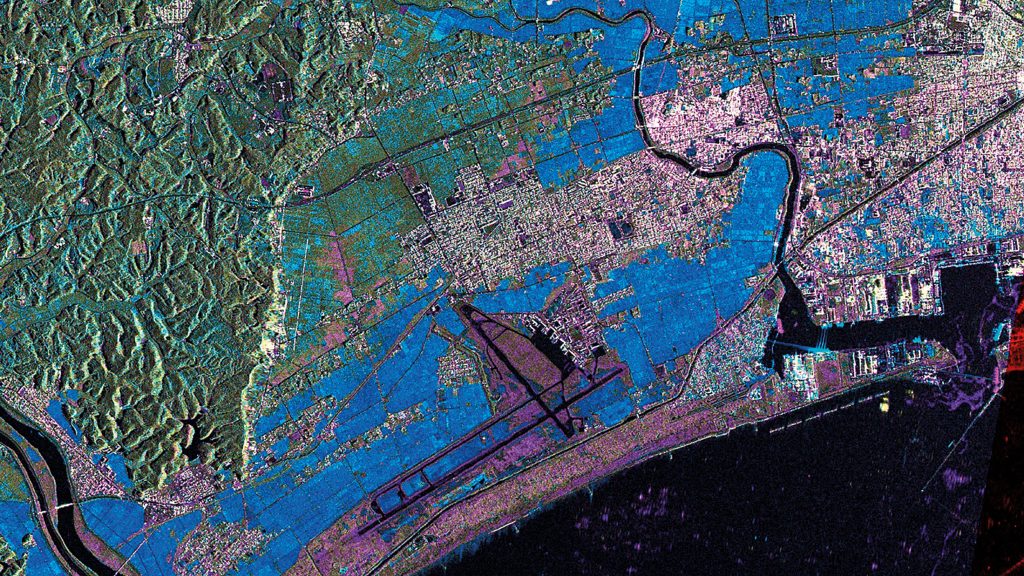The DLR Center for Satellite Based Crisis Information (ZKI)
When an earthquake occurs or a tsunami strikes the mainland, we realise that Earth is at risk – continuously. Another thing is clear: the repercussions of these disasters on the population and economic assets in the affected regions have risen sharply in recent decades. Nevertheless, satellite-based Earth observation can mitigate the consequences of these natural and environmental phenomena by providing decisive support to ensure a rapid response to the crisis. It is even used to prevent disasters from happening.
Not only does satellite data provide a large-scale overview of a crisis situation, it also permits detailed analysis and assessment of damage. Moreover, Earth observation data can be used to acquire valuable information for risk assessment, allowing government agencies and emergency services to improve preparations for possible future events. This is why the demand for satellite based information has risen noticeably in recent years as a means of responding to natural and environmental disasters, completing humanitarian aid actions and in civilian security matters.
DLR responded to this growing demand by establishing the Center for Satellite Based Crisis Information (ZKI) in 2004 in Oberpfaffenhofen. Users can access the ZKI services around the clock. Moreover, its services and products are improved continuously through extensive research and development to ensure their compliance with state-of-the-art research and technology. The services cater to the following tasks: ZKI-DE: provision and analysis of satellite data for German government authorities to ensure civilian security and for disaster management; Copernicus EMS: collaboration in the European emergency mapping service Copernicus EMS for the management of natural disasters; International Charter ‘Space and Major Disasters’: provision of satellite data for authorised users around the world to manage natural disasters and man made accidents; provision of fully automated fre and flooding services.
German Aerospace Center (DLR)
Monika Gähler · E-Mail: monika.gaehler@dlr.de · DLR.de/en
